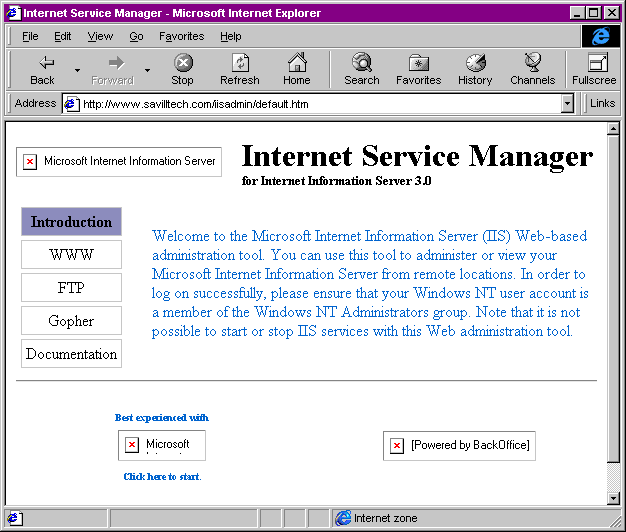
Ntrights.exe (Windows 2003 Resource Kit) The Window Server 2003 Resource Kit is a set of tools that system administrators and engineers use to manage or support a Windows Server 2003 system. Use it to streamline management tasks such as troubleshooting operating system issues, managing Active Directory, configuring networking and security. You can still use ntrights from the Windows Server 2003 Resource Kit Tools. Although not supported naturally, many of the tools performs flawlessly (including ntrights.exe). Proof: Microsoft TechNet (scroll down until you find the Tool table, including NTRights.exe as one of the tools that can be used). The Microsoft® Windows® Server 2003 Resource Kit Tools are a set of tools to help administrators streamline management tasks such as troubleshooting operating system issues, managing Active Directory®, configuring networking and security features, and automating application deployment. Utility Description: Ntrights.exe With this command-line tool, you can grant or revoke any Windows 2000 right for a user or group of users on a local or remote computer. You can also place an entry in the computer's event log noting.
Description:

In this article, I am going to explain about how to set or configureAllow Log on Locally User
rights/permission/privilege using Local Security Policy, Powershell, C# and Command Line tool.
Ntrights.exe
Summary:
Configure Allow log on locally user rights via Local Security Policy GUI
Follow the below steps to set Allow log on locally user rights via Local Security Policy
1. Open the Run window by pressing ‘Windows’ + ‘R’ keys.
2. Type the command secpol.msc in the text box and click OK.
3. Now the Local Security Policy window will be open, in that window navigate to the node User Rights Assignment (Security Settings -> Local Polices ->User Rights Assignment). In right side pane, search and select the policy Allow log on locally.
4. Double-click on the policy Allow log on locally, in the opened window click the button Add User or Group, select the user account you want to set Allow log on locally rights and click OK, and click Apply button to finish.
Set or Grant Allow log on locally user rights via Powershell
Ntrights Utility Download

We can set the Allow log on locally user rights using Powershell by importing the third party DLL ( Carbon ). Before you run the below script you need to the download latest Carbon files from here Download Carbon DLL.
Steps to follow to set Allow log on locally user rights via Powershell :
1. Download latest Carbon files from here Download Carbon DLL.
2. If you have downloaded the files, extract the zip file and you could see the Carbon DLL inside bin folder (In my case: C:UsersAdministratorDownloadsCarbonbinCarbon.dll).
3. Copy the below Powershell script commands and place it notepad or textfile.
4. Now you can replace your Carbon DLL path in following script for the variable $CarbonDllPath
5. You can also replace the user identity that you are going to set log on locally user rights in the variable $Identity
6. Now run as Powershell window with Admin Privilege (Run as Administrator)
7. Copy the edited Powershell script and Run it in Powershell to configure Allow log on locally user rights.
Powershell output:
Other web site links for Carbon DLL:
https://bitbucket.org/splatteredbits/carbon/downloads
http://pshdo.com/
http://get-carbon.org/help/Grant-Privilege.html
Set Allow log on locally user right via Command Line tool
You can use the NTRights.exe utility to grant or deny user rights to users and groups from a command line or a batch file. The NTRights.exe utility is included in the Windows NT Server 4.0 Resource Kit Supplement 3. Use the below command to set log on locally user right using cmd.
Ntrights Utility Downloads
Refer: http://support.microsoft.com/kb/266280

Ntrights Command

Set Log on Locally user right
Revoke Log on Locally user right
Ntrights Utility Download Free
Set or Grant Allo Log on locally right/permission to user using C#
Ntrights Utility Download Windows 10
You can use the below function GrantLogonLocallyRights to set log on locally rights to user using C# code. This function uses the class LsaWrapper.
Ntrights Utility Download Software
LsaWrapper class file